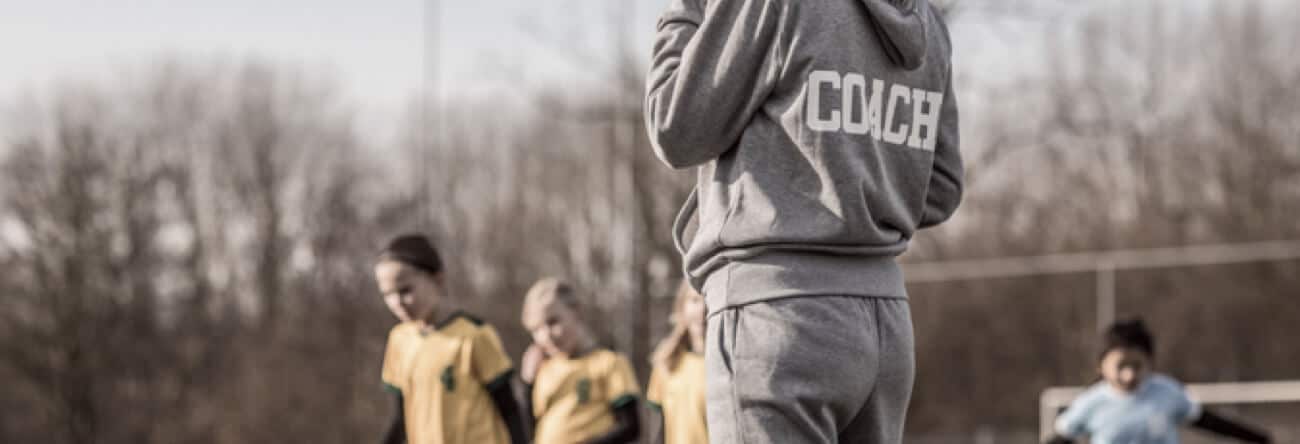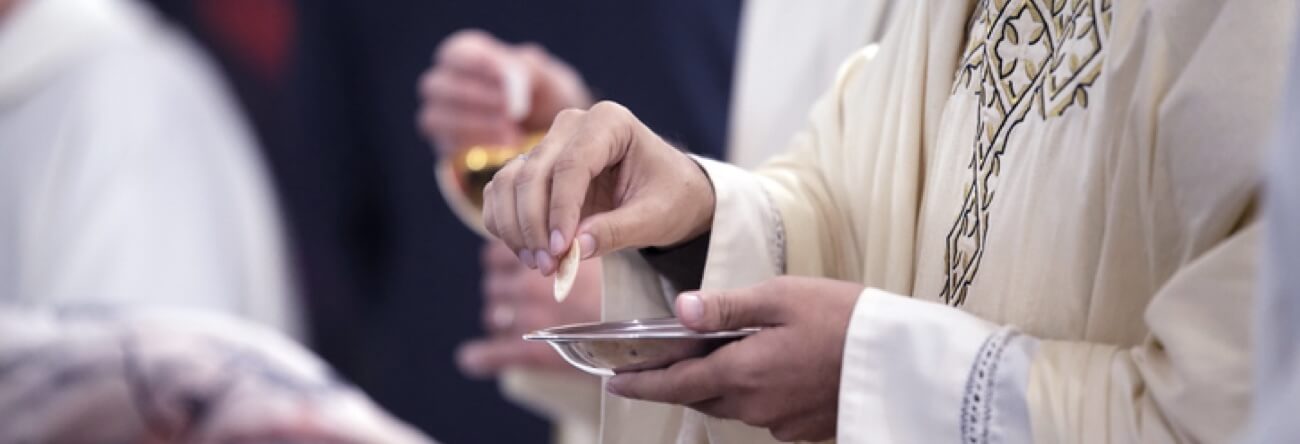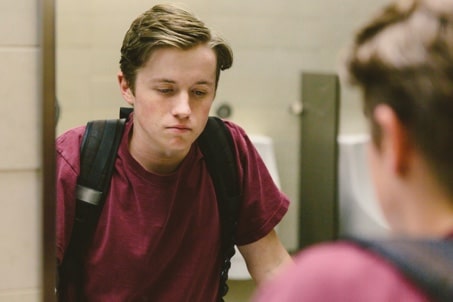What Is Child Sex Abuse?
The term “child sex abuse” can cover a wide range of actions which are taken against minors. Because the victim are minors, by definition, they cannot consent to these actions. They are forced, or coerced, or persuaded to perform a sexual act.
Contact acts are those which specifically involve touching, including fondling, masturbation, and actual sex.(1) It is estimated that as many as 1 in 20 boys, and 1 in 4 girls, are sexually abused before the age of 18.(2)

Public and Private Institutions
Childhood sexual abuse is a major topic of concern today. Reports of abuse of children by adults who are supposed to help and protect them are often in the news. Often, these perpetrators are representatives of organizations and activities your family attends. These sex abusers include:
- Roman Catholic clergy.
- Doctors, trainers, or coaches.
- Leaders of organized activities.
- Teachers or school aides.
- Camp counselors and personnel
- Staff at juvenile detention facilities
- Foster parents.
The rampant numbers of child sex abuse cases leads to the recognition of a great need for both treating and compensating the past survivors –– and for preventing new abuses.
How Do You Know if You’ve Been a Victim of Child Sex Abuse?
The very essence of childhood sexual abuse is to hide the act. Children are told they must not tell. There are threats of punishment if they do so. Threats that may be addressed against the children or even their families.
Commonly, the abuser is someone who is in a position of authority and a child is conflicted. The victim feels that what is happening is wrong, but is told by the abuser that it is a good or necessary thing.
Adding to this, survivors often believe if they tell, no one will believe them. This belief is often supported by the fact that when they do tell, nothing is done by the authorities. So, survivors suppress the memories of the assault.
What Can You Do About It?
If you were abused as a child, you need help in trying to identify the circumstances and building a clear narrative of who harmed you and what the perpetrator did to you.
Survivors of childhood sexual abuse are not to blame, did nothing wrong, and deserve help and support in their quest to recover. Organizations that allowed abusers to work within the system, and did nothing to stop the abuse, need to be held accountable.
Were you or your loved one a victim of child sex abuse? Contact us today for a free case review.
Get a Free Case ReviewPhysical and Emotional Trauma
The stress of suppressing these memories can lead victims to start having physical and emotional problems as an adult. “In one long-term study, as many as 80% of young adults who had been abused meet the diagnostic criteria for at least one psychiatric disorder at age 21. These young adults exhibited many problems, including depression, anxiety, eating disorders, and suicide attempts.”(3)
Problems with sleeping or problems with intimacy, eating disorders, alcoholism, and drug use are common. Problems with relating to people and concentrating also affect a survivor’s life may also indicate past sexual assault. Working with an experienced therapist may help to unlock blocked memories.

Struggling to Remember
Many survivors of childhood sexual assault suffer from post-traumatic stress disorder (PTSD) as they struggle to recover from what happened to them. Repressing the memories is not uncommon. These repressed memories may not surface until the survivor has reached middle age.
The amount of time it may take for these memories to surface present problems for many reasons. The longer it takes for survivors to remember what happened, the more severe the physical and psychological problems they are experiencing may become. When survivors are ready to report the crime and take legal action, they may run into the statute of limitations which could block them from any action in the courts.
The Child Victims Act improves their odds of obtaining compensation and a measure of justice.
